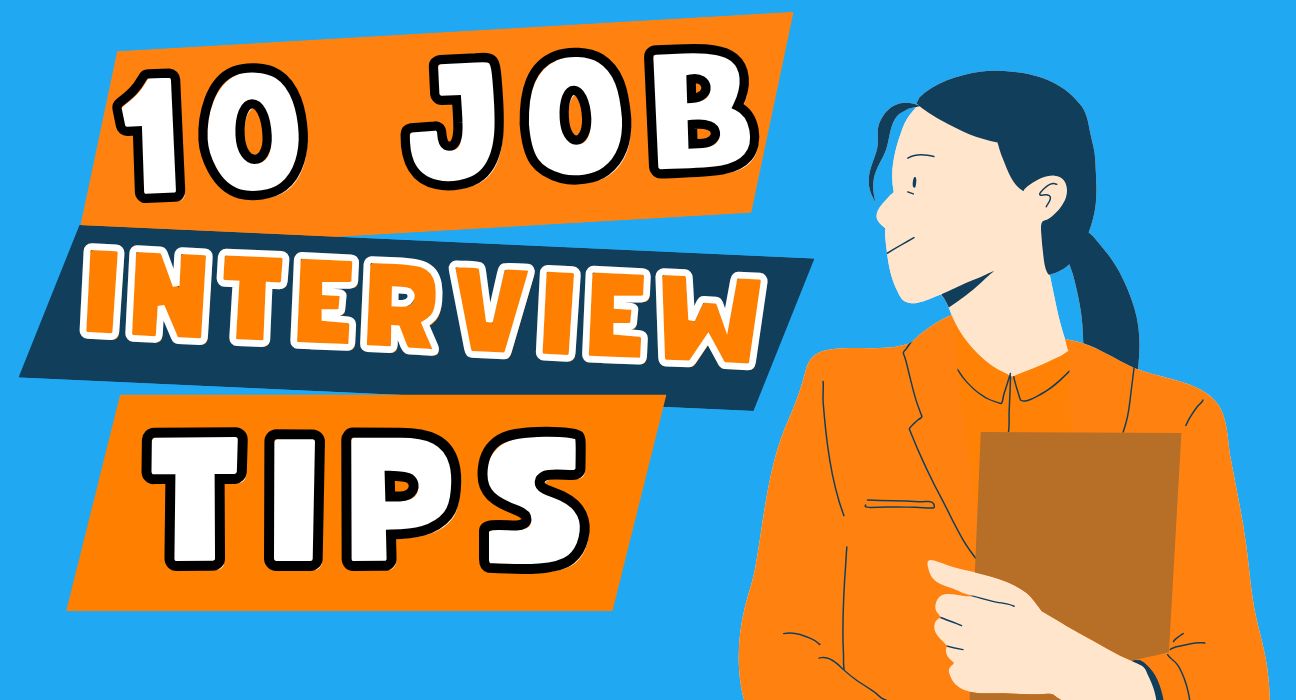Grasping the Inquiry
When you sit down for job interviews, the seemingly simple question, “Tell me about yourself,” can feel like a loaded challenge. This query offers a chance to set the tone for the rest of the interview and highlight what makes you a strong candidate. It’s essential to understand that this question is not an invitation to give your life story; rather, it’s an opportunity to deliver a tailored and compelling narrative that aligns with the job you’re applying for.
Organizing Your Response
Crafting an effective response requires a clear and concise structure. One of the best frameworks to use is the Present-Past-Future model. Begin by briefly discussing your current role and key responsibilities. This sets the stage and provides context for your professional standing. Next, transition into relevant experiences from your past that have prepared you for the job. Highlight particular roles, projects, or achievements that showcase your skills and contributions, always linking them back to the job you’re applying for.
After covering your present and past, shift focus to the future. Share your career aspirations and how this position aligns with your goals. This approach not only illustrates your ambitions but also shows that you’ve thought carefully about how the role fits into your long-term plans. A well-structured response like this helps interviewers easily follow your narrative and understand your potential fit within their organization.
To add depth, incorporate specific examples that demonstrate your expertise and accomplishments. Quantifying your achievements whenever possible adds credibility. For instance, you might mention the percentage increase in sales you achieved or the successful completion of significant projects. Numbers provide concrete evidence of your impact and value.
Remember, the goal is to present a cohesive story that aligns your past experiences, present role, and future aspirations with the job you’re aiming for. Tailoring your response to the specific job and company ensures relevance and shows that you’ve done your homework. Practicing your answer beforehand can help you deliver it confidently and naturally during the interview. This structured approach not only makes your response more compelling but also enhances your chances of making a positive impression on the interviewer.
Showcasing Career Accomplishments
Highlighting your career accomplishments effectively can make a strong impact during job interviews. Focus on selecting work experiences that are directly relevant to the position you’re interviewing for. Choose specific projects or achievements that clearly demonstrate your skills and contributions. Whenever possible, quantify these accomplishments to add credibility and impact. For example, you might mention the percentage by which you increased sales, the number of successful projects you managed, or the efficiency improvements you implemented. Numbers offer a concrete way to show your value and can impress interviewers by providing measurable proof of your impact.
Additionally, describe the context and challenges you faced in these roles to give a fuller picture of your accomplishments. Explain how you identified problems, devised solutions, and executed them effectively. Highlighting your problem-solving abilities and initiative can set you apart from other candidates. Use strong action verbs to convey your active role in these achievements, such as “led,” “implemented,” “developed,” or “streamlined.”
Remember to link your past accomplishments to the requirements of the job you’re applying for. This not only shows that you have the necessary experience but also that you can apply your skills to benefit their organization. Tailor your examples to align with the job description, emphasizing the qualities and experiences the employer values most.
By focusing on relevant and quantifiable career accomplishments, you can create a compelling narrative that showcases your expertise and potential for the role. This approach helps interviewers see you as a high-value candidate who has a proven track record of success and can contribute significantly to their team.
Adding Personal Elements
Incorporating personal elements into your response can add a unique touch and help you stand out in job interviews. Mention interests or hobbies that reveal positive traits or skills that could be relevant to the job. For instance, if you’re a passionate marathon runner, highlight the discipline and perseverance required to train for such an event. These qualities can translate well into a professional setting, showing that you are dedicated and committed.
Additionally, share any volunteer work or community involvement that showcases your leadership, teamwork, or compassion. Perhaps you’ve led a local charity event or coordinated a community project. These activities can reflect your ability to take initiative and work collaboratively, which are valuable assets in any workplace.
It’s also effective to mention any personal projects or hobbies that align with the company’s values or culture. If you’re applying for a tech company and you enjoy coding as a hobby, this can underscore your genuine interest in the field. Similarly, if the company values sustainability and you’re passionate about environmental conservation, mentioning your efforts in this area can create a meaningful connection.
Remember, the key is to keep these personal details relevant and professional. Avoid going into too much detail about your personal life; instead, focus on aspects that illustrate qualities or skills that will benefit the job. This approach not only humanizes your response but also reinforces your fit for the role.
Perfecting Your Delivery
Practice makes perfect when it comes to delivering your response to “Tell me about yourself.” Rehearsing multiple times can help you become more fluent and confident. Try practicing in front of a mirror to observe your body language or record yourself to catch any areas that need improvement. Pay attention to your tone of voice, pace, and clarity to ensure your response is engaging and easy to follow.
Another effective technique is to practice with a friend or mentor who can provide honest feedback. They can point out any filler words, such as “um” or “like,” and offer suggestions for making your answer more concise and impactful. Constructive feedback can help you fine-tune your delivery, ensuring that you come across as polished and professional.
It’s also beneficial to familiarize yourself with the key points you want to cover so that you can speak naturally rather than sounding like you’re reading from a script. Knowing your main talking points allows you to adapt your response on the fly if needed, making you appear more adaptable and composed under pressure.
Maintaining good eye contact with the interviewer is crucial for building rapport and demonstrating confidence. Avoid staring at notes or looking away too often, as this can make you seem unsure or unprepared. Instead, focus on delivering your response in a conversational manner, as if you were speaking to a colleague rather than reciting a rehearsed answer.
Finally, don’t forget the power of a well-placed pause. Pausing briefly before making key points can emphasize their importance and give you a moment to collect your thoughts, resulting in a more deliberate and impactful delivery.
Pitfalls to Sidestep
One common error is offering an overly detailed life story, which can cause the interviewer’s attention to wane. Keep your response focused on career-related information and maintain brevity. Another mistake is delving into negative or controversial subjects that could cast a shadow on your professional demeanor. It’s crucial to remain positive and steer clear of any topics that could lead to unfavorable impressions. Additionally, avoid speaking in vague generalities. Specific examples of your achievements and skills make a far stronger impact. Refrain from using jargon or technical terms that might not be understood by all interviewers, especially those from non-technical backgrounds. Lastly, resist the urge to appear overly rehearsed. While preparation is key, your delivery should feel natural and conversational, not robotic or memorized. This balance demonstrates confidence and genuine engagement with the interviewer.
Modifying Your Answer for Various Interviews
It’s essential to adapt your response to fit the specific industry and company culture of each job interview. Start by researching the company and understanding what qualities they prioritize. For example, if you’re interviewing with a tech startup, emphasize your adaptability, innovation, and ability to thrive in fast-paced environments. Highlight any relevant projects or experiences that demonstrate these traits.
On the other hand, if you’re applying for a position at a well-established corporate firm, focus on your depth of experience, specialization, and ability to contribute to long-term projects. Illustrate how your skills align with the company’s core values and goals.
Adjust your examples to resonate with the specific audience. For instance, if you’re interviewing for a creative role, showcase your innovative projects and creative thinking. If the role is more analytical, focus on your data-driven achievements and problem-solving skills.
Understanding the company culture is also vital. Some companies value teamwork and collaboration, so highlighting your ability to work well in a team can be beneficial. Other companies might prioritize individual achievements and leadership, making it important to emphasize your leadership roles and personal accomplishments.
Additionally, pay attention to the language and terminology used in the job description and company website. Incorporating similar language in your response can create a sense of alignment and familiarity.
Customizing your response for each interview shows that you are not only well-prepared but also genuinely interested in the position. This effort can make a significant difference in how you are perceived by the interviewer, setting you apart as a candidate who understands and fits the unique needs of the organization.








Leave feedback about this